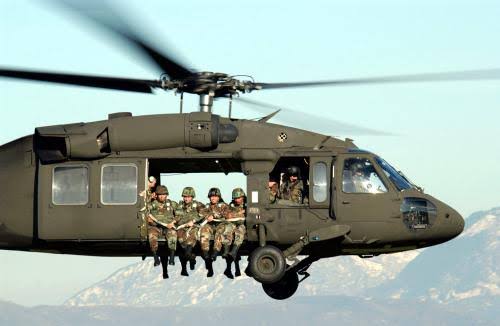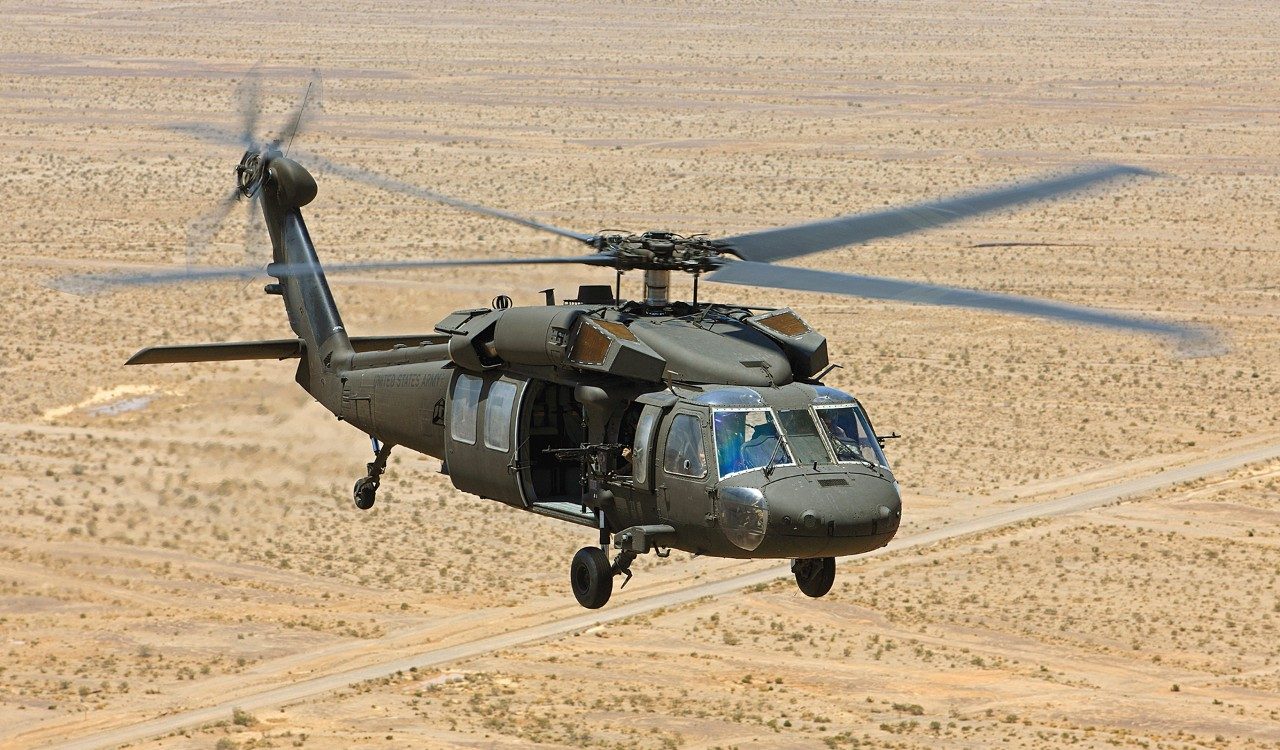UH 60 Black Hawk Helicopter Versions and Their Usages
UH 60 Black Hawk Helicopter Versions and Their Usages
Blog Article
The Influence of Sustainable Practices on the Future of Aircraft Operations and Emissions Reduction
As the aeronautics industry encounters boosting examination over its ecological effect, the adoption of lasting methods becomes a vital pathway toward future airplane procedures and emissions reduction. Innovations in lasting aviation gas and developments in crossbreed propulsion modern technologies stand at the center of this improvement, promising significant reductions in greenhouse gas discharges. The successful combination of these efforts hinges on a range of aspects, including governing frameworks and market cooperation. The question stays: just how will these advancing practices improve the characteristics of flight and contribute to a much more lasting future?

Review of Lasting Practices
Sustainable methods in aircraft procedures include a range of techniques focused on minimizing environmental effect while keeping functional efficiency. These techniques are crucial in the aviation market's dedication to decreasing its carbon footprint and sticking to worldwide environmental requirements. Secret efforts include maximizing trip paths to decrease gas intake, improving upkeep methods to guarantee airplane run at peak performance, and carrying out innovative innovations such as winglets and light-weight products that improve aerodynamics.

Training and involving personnel on sustainability practices likewise play an essential function, fostering a culture of environmental obligation within organizations. On the whole, the combination of these sustainable practices not only helps in reducing discharges yet likewise boosts the lasting stability of the air travel field, ensuring it fulfills the demands of both clients and governing bodies while adding to international sustainability goals.
Ingenious Gas Alternatives
Numerous ingenious gas choices are becoming crucial solutions to decrease the air travel market's reliance on typical nonrenewable fuel sources. Amongst these options, Sustainable Aviation Fuels (SAFs) have actually acquired substantial attention as a result of their prospective to decrease lifecycle greenhouse gas emissions by approximately 80% compared to traditional jet gas. SAFs are originated from numerous feedstocks, consisting of waste oils, farming residues, and also algae, making them a functional option for the industry.
Another appealing alternative is hydrogen fuel, which, when made use of in gas cells, creates just water vapor as a result. In addition, electric propulsion systems are being checked out, leveraging battery technology to power airplane.
Lastly, biofuels originated from biomass are being examined, supplying an eco-friendly alternative that can be mixed with traditional fuels. Collectively, these innovative fuel options stand for an important action towards achieving a lasting aeronautics ecological community, aligning with international exhausts reduction targets and enhancing the industry's environmental stewardship.
Technical Advancements in Aeronautics

How can technical improvements improve the future of air travel? Technologies such as electrical and hybrid propulsion systems are at the forefront, appealing considerable reductions in fuel consumption and greenhouse gas discharges.
In addition, the application of sophisticated products, such as lightweight check this site out composites, adds look at these guys to enhanced the rules of aerodynamics and gas performance. Making use of expert system and equipment understanding in flight procedures maximizes course planning and decreases fuel burn by allowing real-time adjustments based upon weather condition and web traffic conditions. In addition, the advancement of autonomous and from another location piloted aircraft systems stands to revolutionize freight and traveler transport, possibly boosting performance while minimizing human mistake.
In addition, sustainable air travel technologies, consisting of sophisticated air web traffic administration systems, can improve operations and lower blockage, leading to lower exhausts throughout flight. These advancements jointly represent a standard shift in air travel, guaranteeing a future where sustainability and operational efficiency are linked, thus sustaining the industry's commitment to lowering its environmental effect.

Governing Structure and Compliance
Due to the expanding useful content focus on ecological stewardship within the air travel field, the governing structure governing airplane operations is developing to promote sustainable practices. Regulatory bodies, such as the International Civil Aeronautics Company (ICAO) and numerous nationwide aviation authorities, are presenting rigid guidelines targeted at reducing exhausts and improving functional effectiveness.
These regulations frequently consist of the fostering of Lasting Air travel Fuel (SAF), which has been identified as a key part in achieving lower carbon impacts. Compliance with these policies needs airline companies to implement innovative innovations and operational practices, such as maximized trip paths and improved air website traffic management, to lessen fuel usage.
Furthermore, the enforcement of emissions trading schemes and carbon balancing out campaigns is becoming increasingly common, engaging airlines to check and report their discharges accurately. Non-compliance can result in significant penalties, hence pushing drivers to prioritize sustainability in their service designs.
Inevitably, the evolving governing landscape not only drives development and financial investment in environment-friendly technologies but also fosters a culture of liability within the aviation market. As these frameworks remain to create, the concentrate on lasting methods will be essential to achieving the industry's long-lasting environmental objectives.
Future Fads in Airplane Workflow
As the aeronautics sector adapts to a progressively strict regulative atmosphere, future patterns in aircraft operations are set to concentrate on innovative services that better improve sustainability and performance - uh 60. Key growths will likely include the fostering of innovative air website traffic administration systems, which make use of real-time information and artificial knowledge to optimize trip courses, lowering fuel intake and emissions
Another significant fad is the increased integration of sustainable air travel fuels (SAFs) These alternatives to traditional jet gas, stemmed from renewable sources, can dramatically lower lifecycle greenhouse gas emissions. The industry's commitment to SAFs will likely increase as airline companies collaborate with gas manufacturers to make sure accessibility and cost-effectiveness.
In addition, the press towards electrification and crossbreed propulsion systems is getting energy. Emerging aircraft styles will include these technologies, using quieter and more efficient procedures, particularly for short-haul trips.
Conclusion
The adoption of sustainable aeronautics fuels, combined with improvements in electrical and hybrid propulsion systems, is important for lessening lifecycle greenhouse gas discharges. Optimizing trip paths and embracing ingenious technologies contribute to a quieter and much more ecologically pleasant air travel field.
Innovations in lasting aviation fuels and developments in hybrid propulsion modern technologies stand at the center of this change, encouraging substantial decreases in greenhouse gas discharges.Countless cutting-edge fuel options are emerging as essential services to reduce the aviation market's reliance on typical fossil gas - uh 60. Amongst these options, Lasting Aviation Fuels (SAFs) have gained considerable attention due to their possible to lower lifecycle greenhouse gas emissions by up to 80% contrasted to conventional jet gas.An additional substantial trend is the increased assimilation of sustainable aeronautics fuels (SAFs) The adoption of sustainable aviation gas, coupled with advancements in electric and hybrid propulsion systems, is vital for minimizing lifecycle greenhouse gas emissions
Report this page